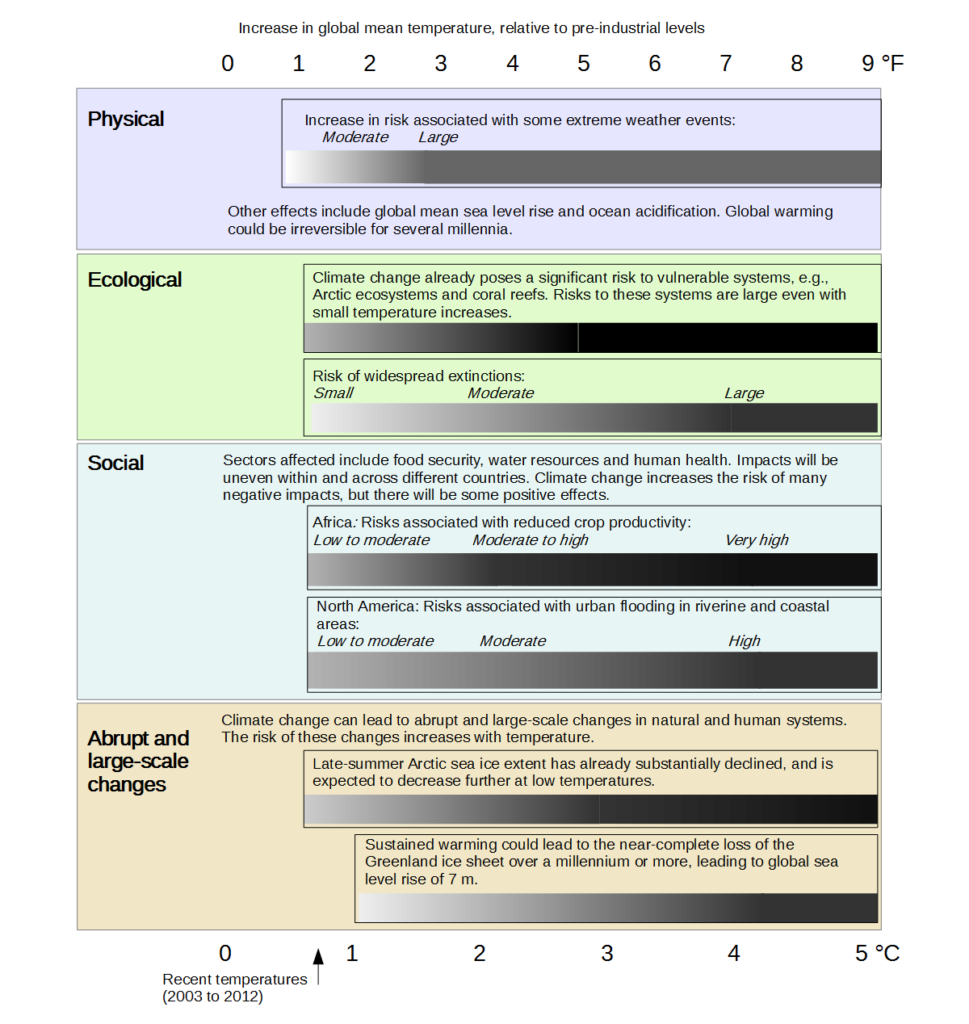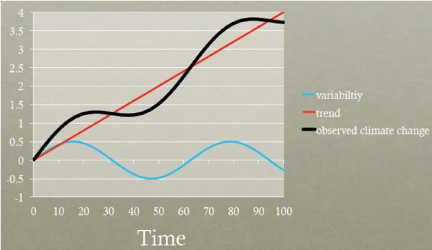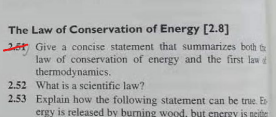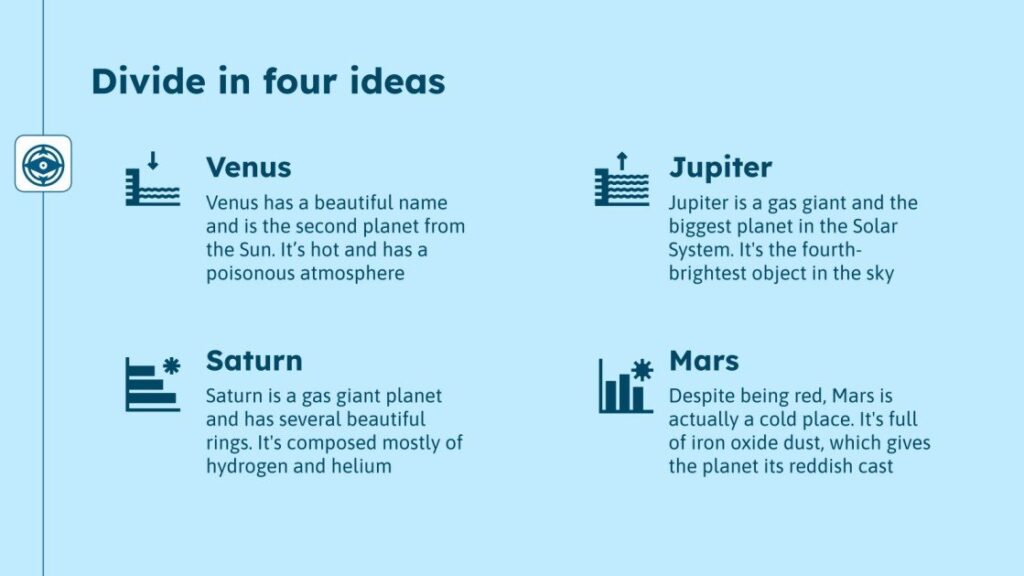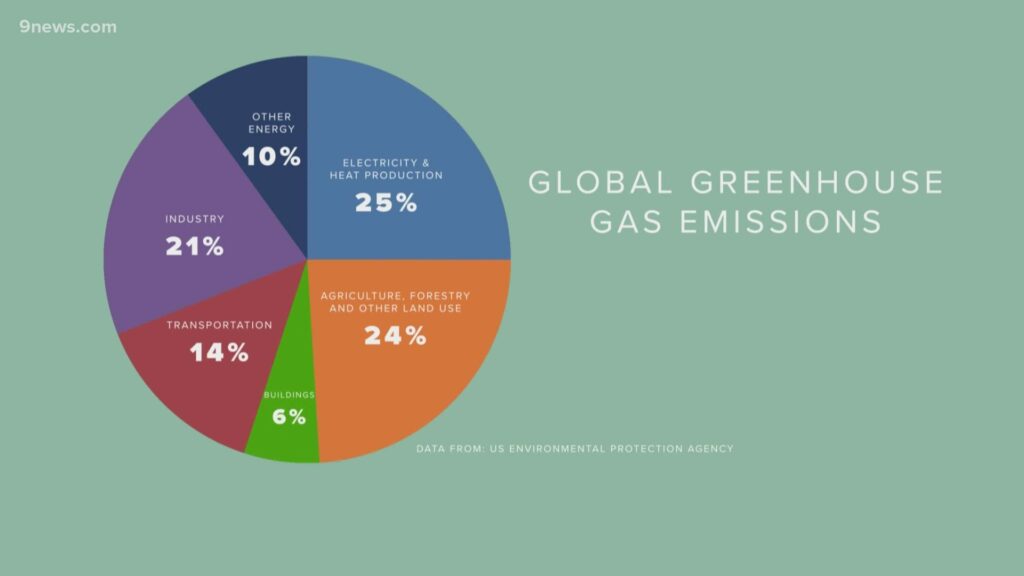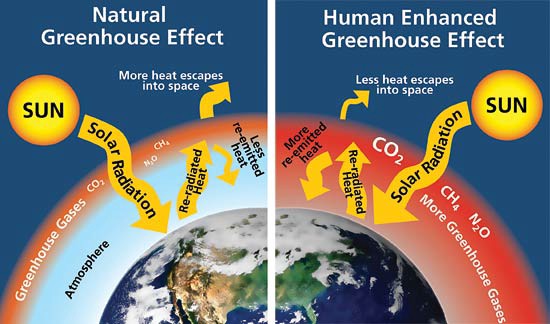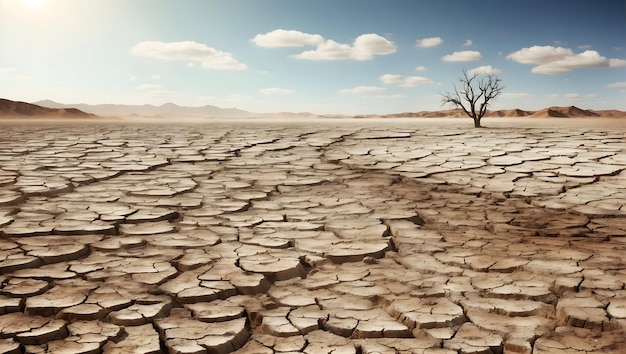Why Energy Conservation Is Needed: The Environmental and Economic Benefits of Reducing Energy Use
Energy conservation is an essential aspect of environmental stewardship and economic prudence. The intricate relationship between energy use, environmental sustainability, and economic viability necessitates a profound understanding of why conserving energy is not merely a choice but a collective imperative. This discourse delves into the multifaceted advantages of energy conservation, elucidating its potential to engender ...

